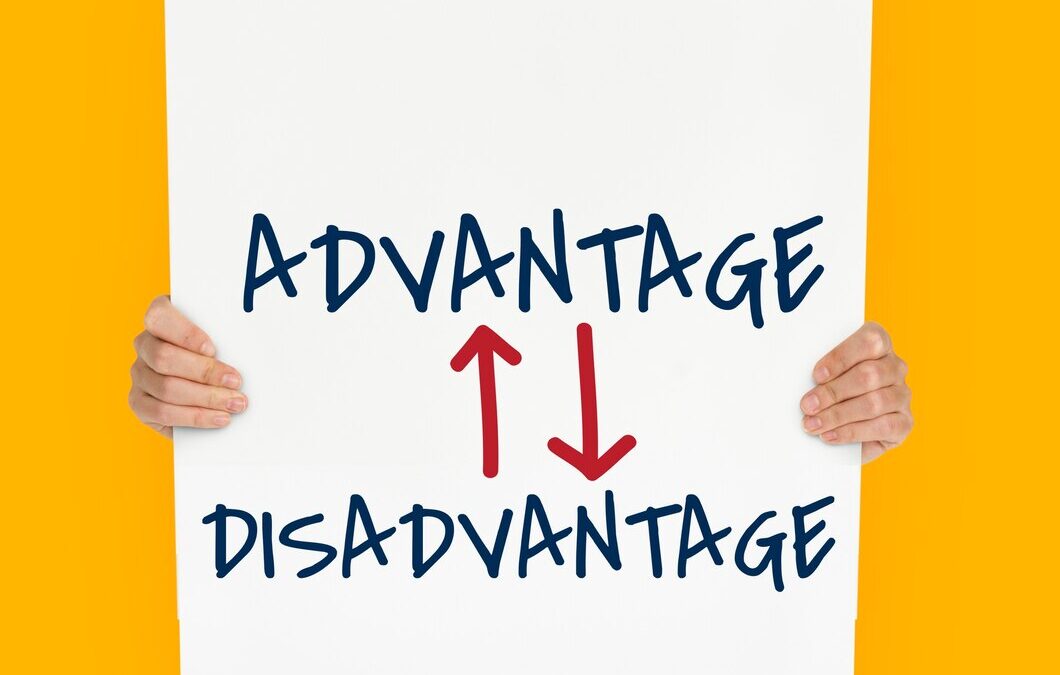Because it’s your investment of time and money that is at stake, you need to consider all of the pluses and minuses involved in buying a franchise. Below are five main advantages and five main disadvantages of buying a franchise to help you along in your due diligence or research process.
Five Advantages of Buying a Franchise
- Much of the work needed to launch a business idea has already been done. Products and services will have been established and tested. This includes already recognized branding and trademarks. The franchisor will also have a good idea of what locations and demographics work best for their system.
- Not as much, if any, experience is needed to start. Training provided by the franchisor will help franchisees gain or bolster the skills required to operate the franchise. Many franchisors also offer additional training at the franchisee’s request.
- Support from a larger network of businesses. Not only does the franchisor give you support in the form of training, and operations manual for you to refer to, and additional ongoing advice, you can also get support from other franchisees in the network. Annual conventions or meetings are a common occurrence for franchises.
- Ability to tap into the collective buying power of the franchisor. In many cases, the franchisor has developed relationships with providers that allow its franchisees to purchase goods at a lower cost compared to the price independent owners of a similar business may be able to negotiate for themselves.
- In cases, financing may be easier to secure. Banks and other lenders are sometimes more apt to loan money to those looking to buy a franchise because of existing knowledge of the franchisor’s product or service.
Five Disadvantages of Buying a Franchise
- Less flexibility than running a business on your own. Some franchisors exert a level of control that you may find too restricting. Franchisees often have restrictions on where they can sell their products or services, as well as requirements on the suppliers to be used or operating hours.
- Except in rare instances, you must share profits with the franchisor. Royalties, a fee established for the continued use of the franchisor’s trademarks and patented processes, typically will need to be paid to the franchisor regularly. However, some franchises don’t require royalty payments.
- Set rates for certain business expenditures. For example, you would have to spend money on advertising or technology for any business you run, but in a franchise relationship, these costs are set by the franchisor. There’s no deviation from your situation or preferences.
- Business reputation is somewhat dependent on others who also run the same franchise. If another franchisee in the system performs poorly, it may lead potential customers to not give your business a chance.
- Franchisors, by and large, hold the majority of renewable power. Most franchisors, if they offer renewal rights, will renew a franchise if the franchisee is in good standing. However, this status is at their discretion. Good standing is often determined by a set of requirements outlined in the franchise agreement. Common requirements for renewal include giving the franchisor ample notice of the desire to extend, payment of a renewal fee, making updates to the premises if there is a physical location, among other things.
No business method or industry sector can guarantee success—and franchising is no exception, though there are industry observers that have claimed franchising gives wannabe business owners a better shot at success than going at it alone.
If you’re looking for consistent support, and desire more guidance (or can handle more restriction) in the procedures of your business, a franchise might be the right path to business ownership for you.
Source: Franchise Direct

